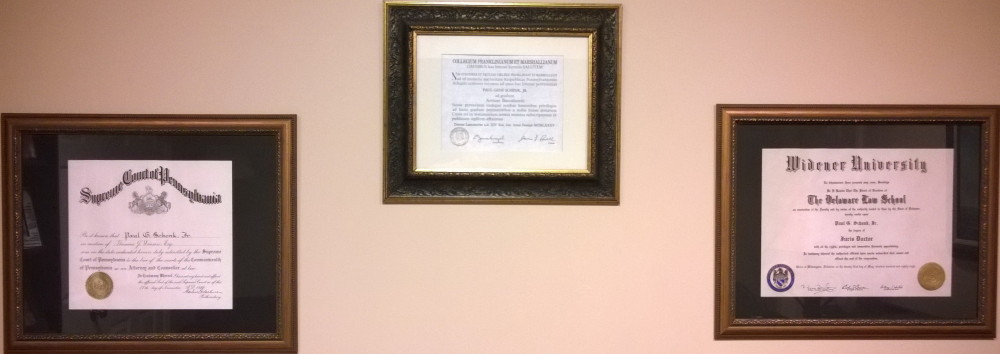THE FOLLOWING STUDY ARTICLE IS INTENDED TO SUPPORT AWARENESS . IT IS NOT LEGAL ADVICE. IF THE READER SEEKS LEGAL ADVICE CONCERNING HIS OR HER PARTICULAR SITUATION, HE OR SHE SHOULD SEEK OUT AN ATTORNEY IN A LAWYER CLIENT RELATIONSHIP.
In Pennsylvania, the child , parent or spouse of an aged indigent person is legally responsible to financially assist that person in paying for their medical assistance at a private or public nursing home, unless that child, parent or spouse does not have sufficient financial ability to support such aged indigent person, or the child of an aged indigent parent was abandoned by that parent in an abandonment that persisted for a period of ten years during the child’s minority.
Any other person, corporation, public body or public agency having any interest in the care, maintenance or assistance of such indigent person may petition the court for financial assistance from that child, parent or spouse.
See 23 Pa. C.S.A. § 4603. Relatives’ liability; procedure.
(a) Liability.–
(1) Except as set forth in paragraph (2), all of the following individuals have the responsibility to care for and maintain or financially assist an indigent person, regardless of whether the indigent person is a public charge:
(i) The spouse of the indigent person.
(ii) A child of the indigent person.
(iii) A parent of the indigent person.
(2) Paragraph (1) does not apply in any of the following cases:
(i) If an individual does not have sufficient financial ability to support the indigent person.
(ii) A child shall not be liable for the support of a parent who abandoned the child and persisted in the abandonment for a period of ten years during the child’s minority.
(b) Amount
(1) Except as set forth in paragraph (2), the amount of liability shall be set by the court in the judicial district in which the indigent person resides.
(2) For medical assistance for the aged other than public nursing home care, as provided in section 401 of the act of June 13, 1967 (P.L.31, No.21), known as the Public Welfare Code, the following apply:
(i) Except as set forth in subparagraph (ii), the amount of liability shall, during any 12-month period, be the lesser of:
(A) six times the excess of the liable individual’s average monthly income over the amount required for the reasonable support of the liable individual and other persons dependent upon the liable individual; or
(B) the cost of the medical assistance for the aged.
(ii) The department may, by reasonable regulations, adjust the liability under subparagraph (i), including complete elimination of the liability, at a cost to the Commonwealth not exceeding those funds certified by the Secretary of the Budget as available for this purpose.
(c) Procedure.–A court has jurisdiction in a case under this section upon petition of:
(1) an indigent person ;or
(2) any other person or public body or public agency having any interest in the care, maintenance or assistance of such indigent person.
(d) Contempt.–
(1) If an individual liable for support under this section fails to comply with an order under this section, the court shall schedule a contempt hearing. At the hearing, if the court determines that the individual liable for support has intentionally failed to comply with the order, the court may hold the individual in contempt of court and may sentence the individual to up to six months’ imprisonment.
(2) This subsection applies regardless of whether the indigent person is confined in a public institution.
(Underling Added For Emphasis)
In Health Care & Retirement Corporation of America vs. Pittas, 46 A.3d 719 (Pa.Super 2012), the Pennsylvania Superior Court affirmed a lower court’s ruling that a private, corporate nursing home could sue under 23 Pa. C.S.A. § 4603 (1)(ii) and successfully obtain payment from a child for the medical assistance it provided to an aged indigent parent.
In defining an “indigent person”, the court in Pittas cited Savoy v. Savoy , 641 A.2d 596, 599-600 (Pa. Super. 1994), which quoted Verna v. Verna, 432 A.2d 630, 633 (Pa. Super. 1981) as follows : ” the indigent person need not be helpless and in extreme want, so completely destitute of property, as to require assistance from the public. Indigent persons are those who do not have sufficient means to pay for their own care and maintenance. “Indigent” includes, but is not limited to, those who are completely destitute and helpless. It also encompasses those persons who have some limited means, but whose means are not sufficient to adequately provide for their maintenance and support.”
